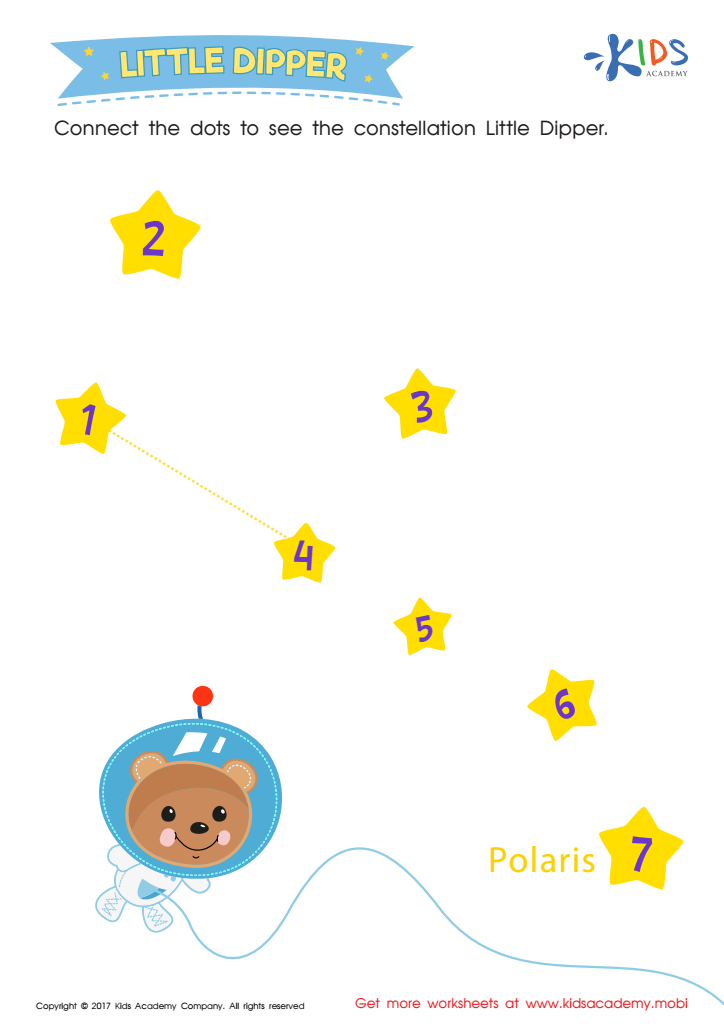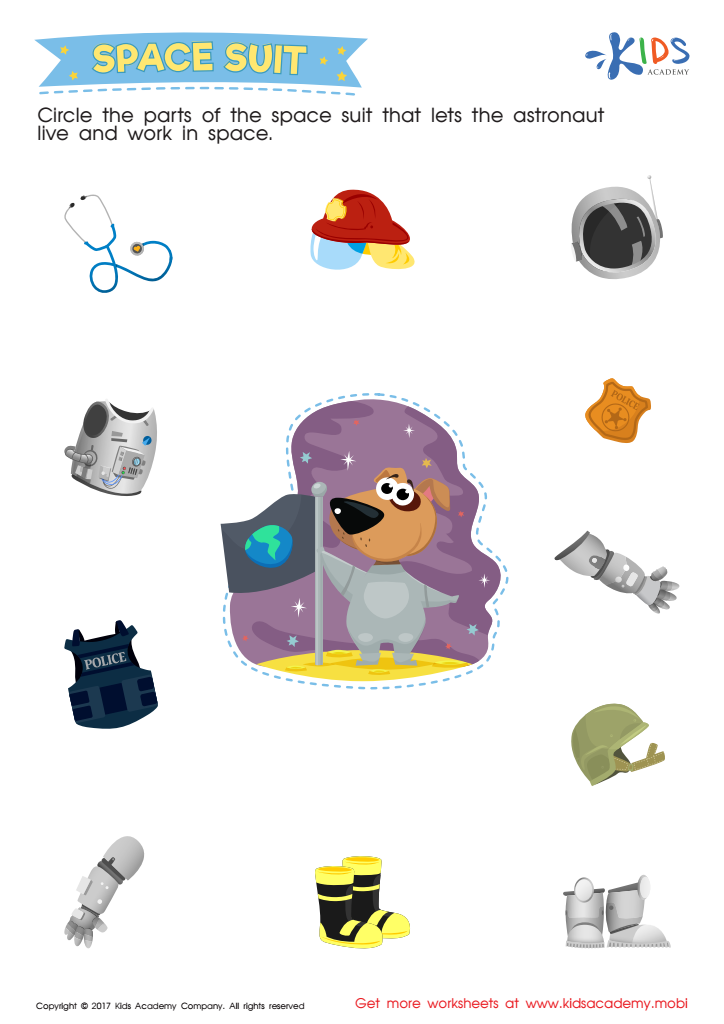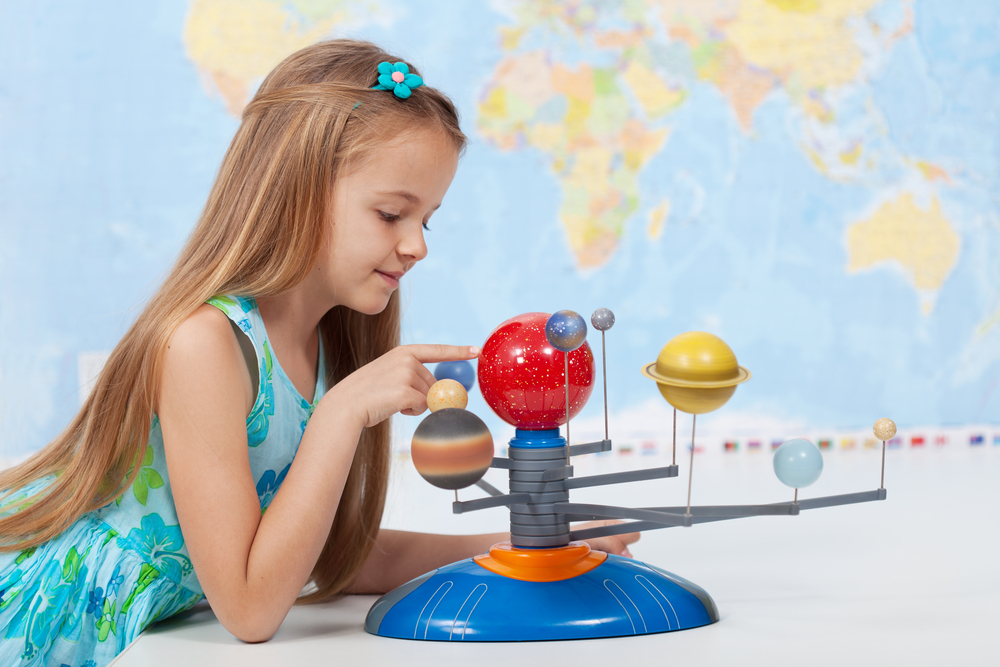Space Worksheets for Ages 5-7 - Page 2
32 filtered results
-
From - To
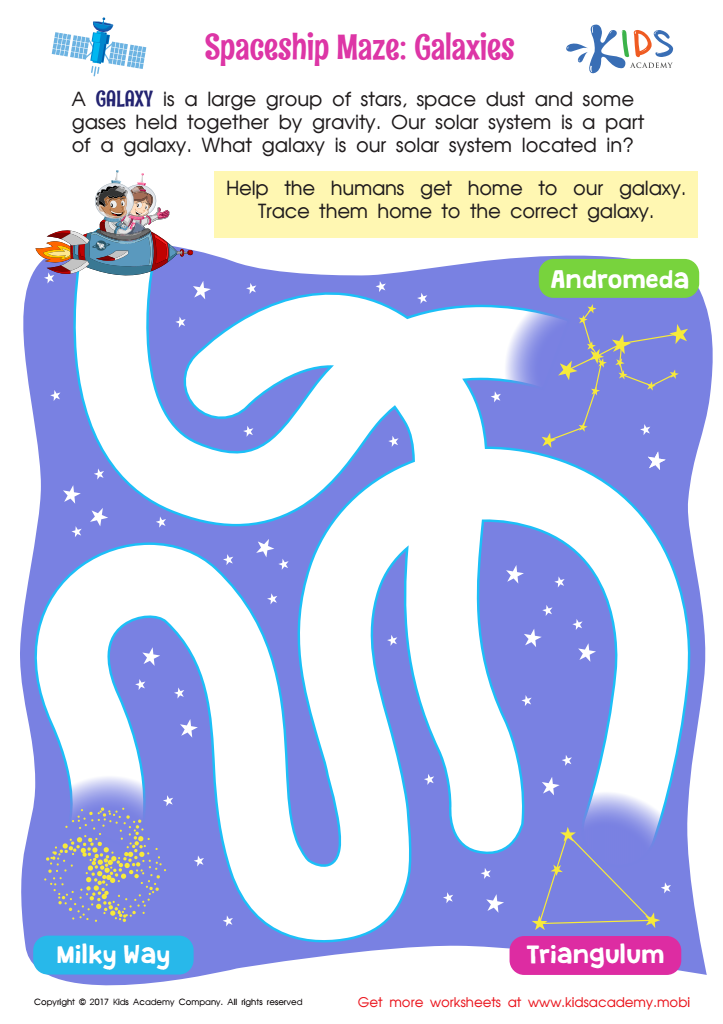

Spaceship Maze: Galaxies Worksheet
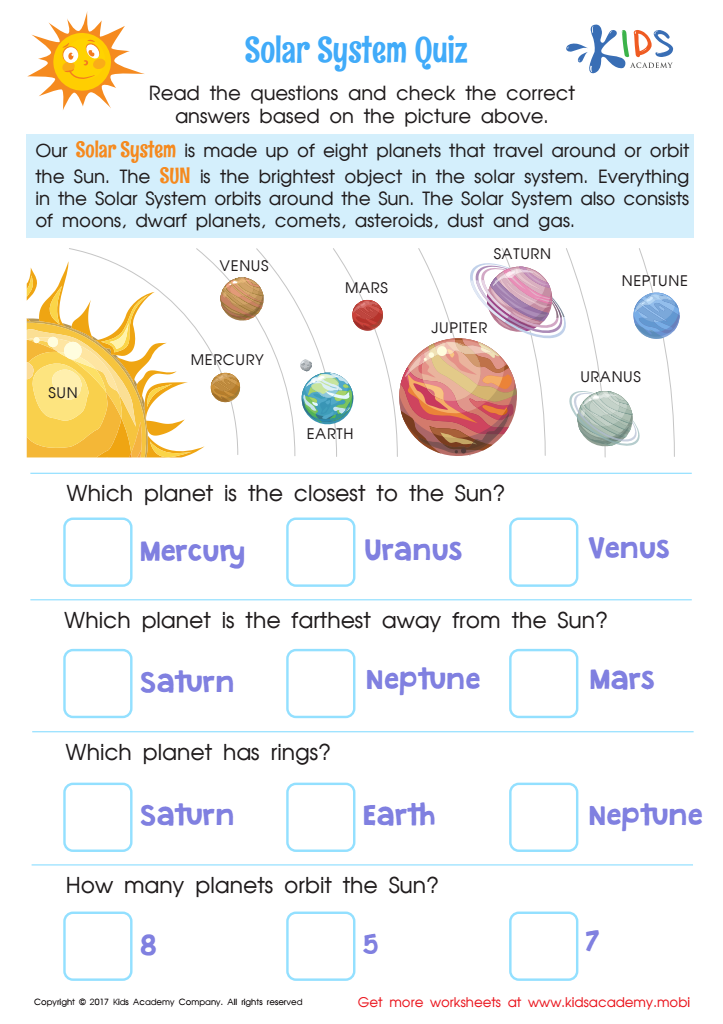

Solar System Quiz Printable
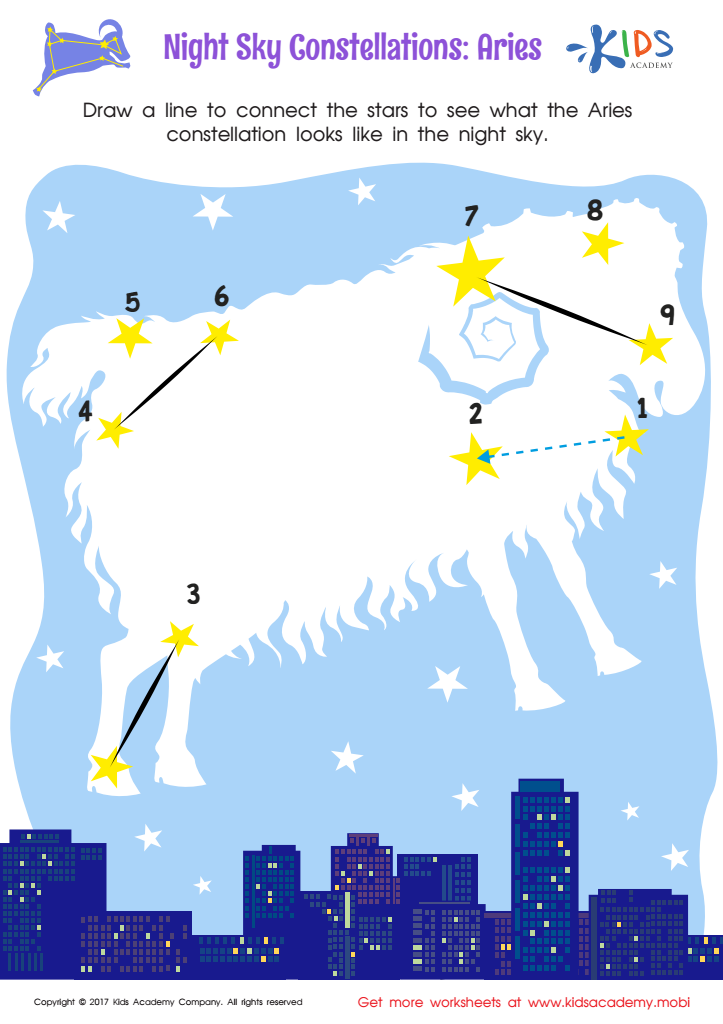

Night Sky Constellations: Aries Worksheet
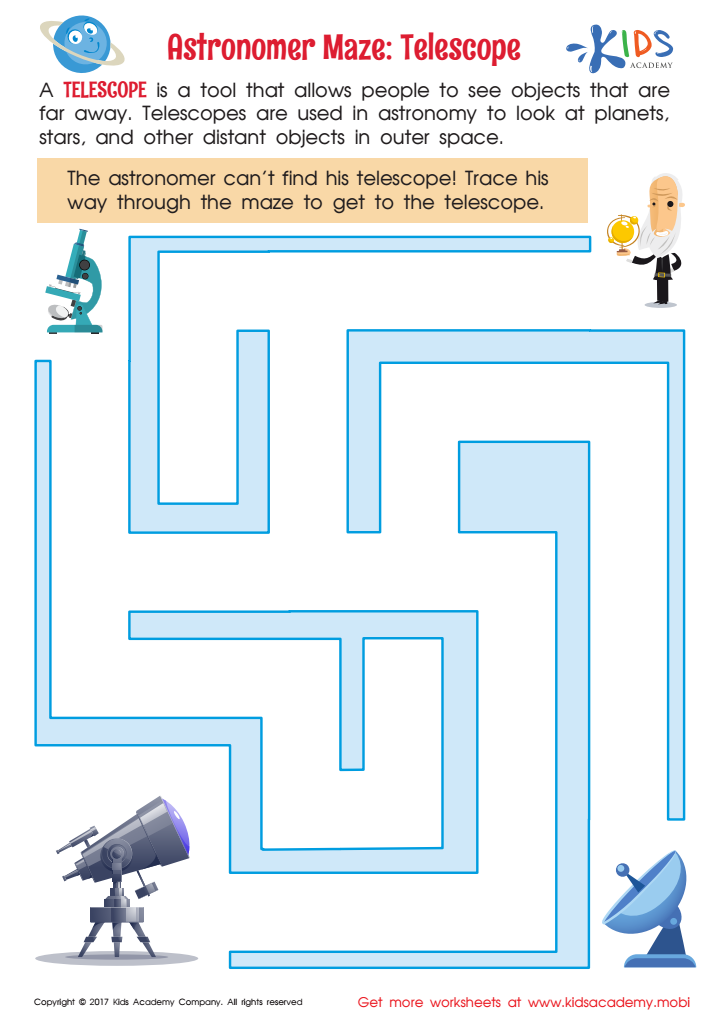

Astronomer Maze: Telescope Worksheet
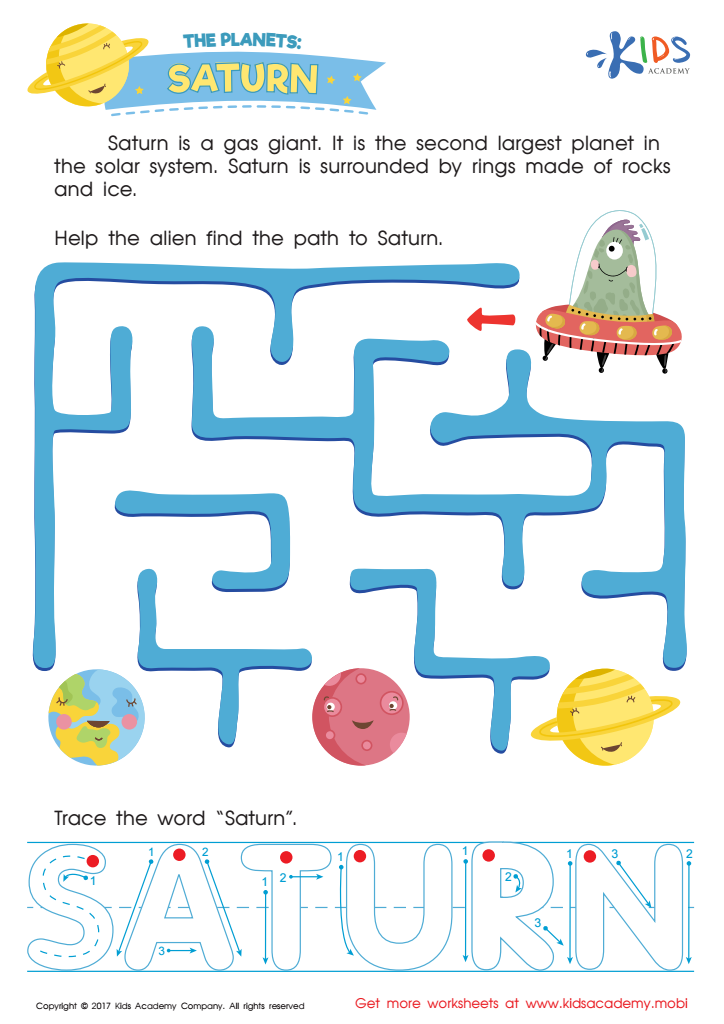

The Planets: Saturn Printable


Parents and teachers should care about space for children aged 5-7 because it ignites curiosity and promotes early STEM (Science, Technology, Engineering, and Mathematics) learning. Introducing young children to space concepts—like planets, stars, and the universe—stimulates their imagination, encouraging them to ask questions and explore the world around them.
Learning about space also helps develop critical thinking and problem-solving skills. Children can engage in hands-on activities, such as building simple models of the solar system or launching rockets, fostering creativity and collaboration. Additionally, understanding space nurtures literacy, as kids read stories and facts about astronauts and celestial bodies.
Moreover, discussing space brings awareness to important themes such as teamwork, perseverance, and exploration. These lessons are not only fun but also instill values that help children in everyday life. By emphasizing space education, parents and teachers contribute to building a well-rounded foundation that supports lifelong learning and appreciation for science.
Finally, as our world confronts global challenges like climate change, fostering an interest in space can cultivate future thinkers and innovators who might one day contribute to solving these pressing problems. Embracing the wonders of space can inspire the next generation of scientists and dreamers.
 Assign to My Students
Assign to My Students

